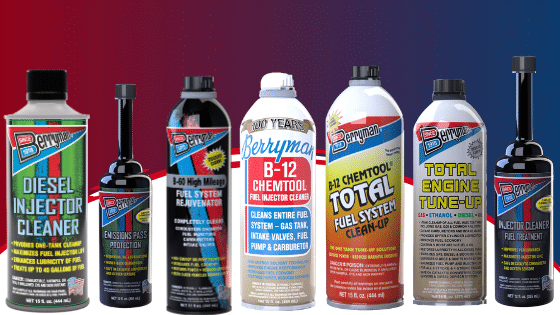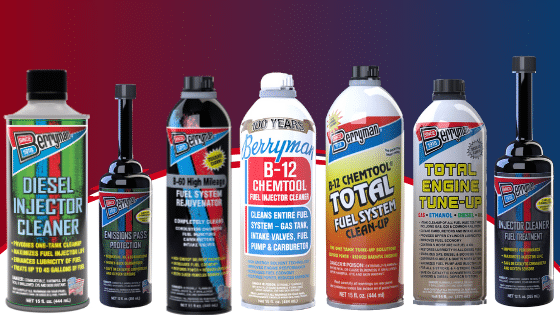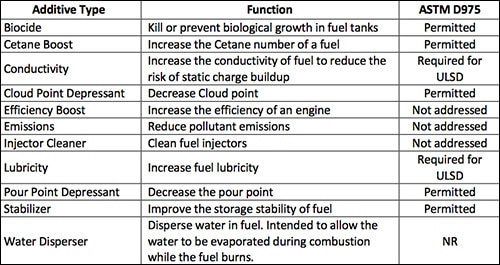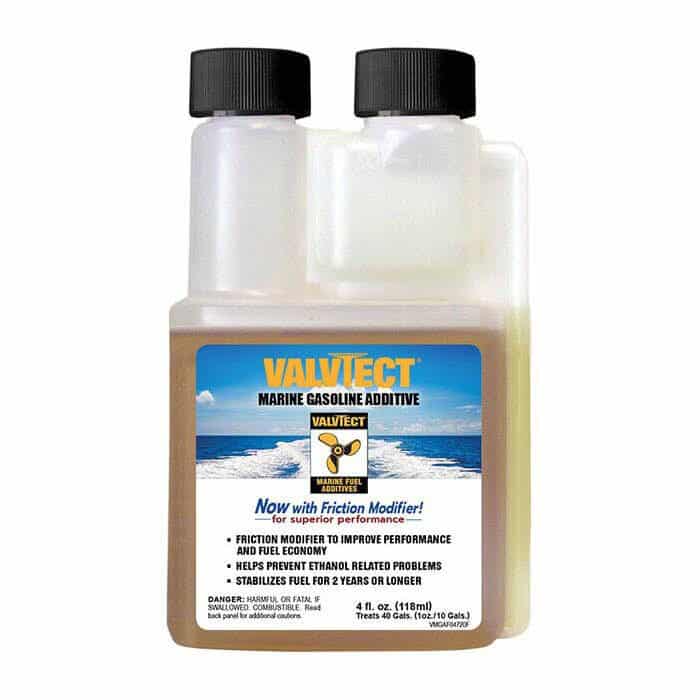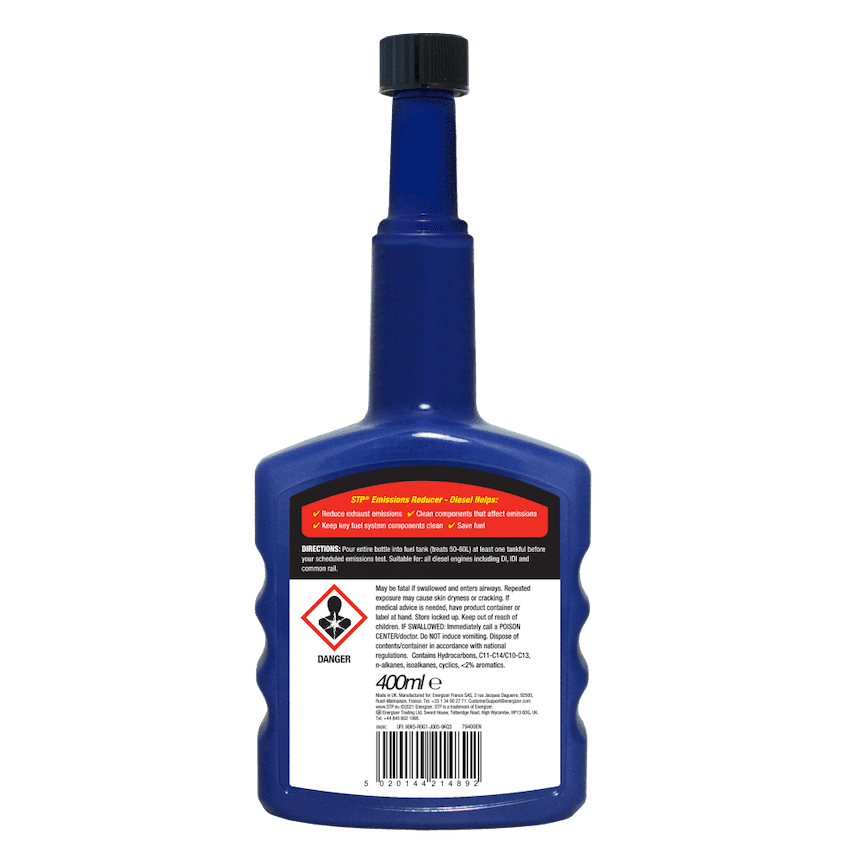We all know that gas plays a crucial role in keeping our vehicles running smoothly. But have you ever wondered what goes into that can of gasoline you pour into your tank? In this article, we’ll uncover the mystery behind common gas additives. These additives are often mixed into fuel to enhance performance, improve efficiency, and reduce emissions. From detergents that keep your engine clean to octane boosters that maximize power, we’ll explore the various additives that contribute to the quality of our driving experience. So please sit back, relax, and embark on an enlightening journey to discover the world of gas additives!
This image is the property of www.berrymanproducts.com.
Deposit Control Additives
Deposit control additives are substances added to gasoline to prevent the buildup of deposits in the fuel system and engine. These deposits can negatively impact engine performance and fuel efficiency. Deposit control additives consist of detergents, dispersants, and metal deactivators.
Detergents
Detergents are one type of deposit control additive used in gasoline. They clean and remove carbon deposits from the combustion chamber and fuel injectors. Regular use of detergents can prevent the formation of harmful deposits, ensuring optimal engine performance.
Dispersants
Dispersants are another crucial component of deposit control additives. These substances help break down and disperse deposits and solid particles accumulating in the fuel system. By keeping these particles in suspension, dispersants ensure that they do not settle and cause blockages or damage to the engine.
Metal Deactivators
Metal deactivators are additives that target specific components in gasoline, such as the trace metals found in fuel. These metals, including copper and iron, can act as catalysts for the degradation of fuel and the formation of deposits. Metal deactivators inhibit these catalytic reactions, thus preventing deposit formation and protecting the fuel system and engine components.
Octane Boosters
Octane boosters are additives designed to increase the octane rating of gasoline. The octane rating determines a fuel’s resistance to combustion knock, the knocking sound produced when fuel ignites prematurely in the engine. Higher octane fuels are more knock-resistant, allowing higher compression ratios and improved engine performance.
Tetraethyl Lead (TEL)
TEL was once a standard octane booster; however, due to environmental and health concerns, it has been phased out in most countries. TEL has been replaced by alternative additives that provide comparable or better octane enhancement without the harmful effects associated with lead.
Methanol
Methanol has a high octane rating and is used as an octane booster in some gasoline blends. It has excellent anti-knock properties and can improve engine performance. However, its use as an octane booster is limited due to its high toxicity and corrosive nature.
Ethanol
Ethanol is a widely used octane booster and oxygenate in gasoline. It has a high octane rating and can increase fuel efficiency. Ethanol is also a renewable fuel source and reduces greenhouse gas emissions when blended with gasoline.
Methyl Tertiary Butyl Ether (MTBE)
MTBE is an octane booster that was previously used extensively in gasoline. However, its use has declined due to concerns over groundwater contamination from its potential to leak from underground storage tanks. MTBE has been primarily replaced with ethanol as an octane-boosting additive.
Ethyl Tertiary Butyl Ether (ETBE)
ETBE is another alternative octane booster to replace MTBE. It offers similar benefits in terms of increasing the octane rating of gasoline while being less harmful to the environment. The reaction of ethanol and isobutylene produces ETBE.
Isopropyl Alcohol (IPA)
IPA is a polar molecule that can increase the octane rating of gasoline. It is less commonly used as an octane booster than other additives due to concerns about its impact on fuel system components. IPA can have solvent properties that may affect specific seals and fuel system materials.
Toluene
Toluene is a high-octane aromatic compound often used as an additive to boost octane levels in gasoline. It has excellent anti-knock properties and can enhance engine performance. However, its use as an octane booster is limited due to concerns about its toxicity and harmful effects on air quality.
Antioxidants
Antioxidants are additives designed to prevent or reduce the oxidation of gasoline. Oxidation can lead to gum and varnish deposits forming, which can clog fuel injectors and negatively impact engine performance. Antioxidants help to inhibit or delay the oxidation process, ensuring that gasoline retains its quality over time.
Phenols
Phenols are a class of antioxidants commonly used in gasoline. They effectively inhibit the oxidation of hydrocarbons and prevent the formation of gum, varnish, and other deposits. Phenols can increase gasoline’s stability and shelf life, ensuring optimal engine performance even after prolonged storage.
Amines
Amines are another type of antioxidant commonly used in gasoline. They can effectively scavenge free radicals, contributing to oxidation and stabilizing the fuel. Amines act as sacrificial antioxidants by sacrificing themselves in oxidation reactions, protecting the fuel from degradation and deposit formation.
Naphthylamines
Naphthylamines are aromatic compounds that possess antioxidant properties. They can react with and neutralize free radicals, preventing the oxidation of gasoline. By inhibiting the formation of deposits, naphthylamines help maintain fuel system cleanliness and engine performance.
Naphthols
Naphthols are chemical compounds that function as antioxidants by inhibiting fuel oxidation. They play a vital role in preventing the formation of harmful deposits and ensuring the efficient operation of the engine. Naphthols help preserve the quality and stability of gasoline over extended periods.
Corrosion Inhibitors
Corrosion inhibitors are additives designed to protect the fuel system and engine components from corrosion. They work by forming a protective film or layer on metal surfaces, preventing the corrosive action of water, acids, and other contaminants that may be present in gasoline.
Organic Acids
Organic acids are commonly used as corrosion inhibitors in gasoline. They can neutralize acidic substances and form a protective barrier on metal surfaces, preventing corrosion. Organic acids enhance the longevity of fuel system components and ensure the engine’s reliability.
Amines
Amines can also act as corrosion inhibitors in addition to their antioxidant properties. They form a protective film on metal surfaces, preventing the corrosive action of water and other corrosive substances. Amines enhance the durability of fuel system components and contribute to the overall longevity of the engine.
Stabilizers
Stabilizers, as the name suggests, are additives that stabilize gasoline by preventing degradation and corrosion. They work with other additives, such as antioxidants and corrosion inhibitors, to protect fuel quality and maintain engine performance. Stabilizers help to preserve the integrity of gasoline throughout its life cycle.
This image is the property of cdn2.tmbi.com.
Demulsifiers
Demulsifiers are additives that enhance the separation of water from gasoline. Water can enter the fuel system through various means, such as condensation or contamination. Demulsifiers help to break the emulsion formed when water and gasoline mix, promoting easy and efficient separation of the two components.
Polyamines
Polyamines are commonly used as demulsifiers in gasoline. They possess surface-active properties that enable them to break down the water droplets in the fuel, facilitating their removal from the system. Polyamines enhance the overall quality of gasoline by preventing the harmful effects of water contamination.
Polyether amines
Polyetheramines are another class of demulsifiers widely employed in gasoline. They have excellent water-separating properties and can efficiently remove water from fuel. By eliminating water, polyether amines help maintain fuel system cleanliness and prevent corrosion and other fuel-related issues.
Polyisobutylene Succinimide
Polyisobutylene succinimide is a demulsifier and dispersant used in gasoline. It not only aids in separating water from fuel but also helps disperse and suspend any solid particles that may be present. Polyisobutylene succinimide ensures that contaminants do not settle and cause blockages or damage to fuel system components.
Cetane Improvers
Cetane improvers are diesel fuel additives to enhance ignition quality and improve combustion efficiency. Higher cetane numbers indicate faster and more efficient ignition. Cetane improvers help achieve optimal engine performance by ensuring smooth and efficient ignition of diesel fuel.
Alkyl Nitrates
Alkyl nitrates are commonly used as cetane improvers in diesel fuel. They aid in the combustion process, promoting faster and more complete ignition. Alkyl nitrates enhance fuel efficiency and reduce emissions by facilitating efficient fuel burn. However, their dosing needs to be carefully controlled to ensure optimum results.
Peroxides
Peroxides are another type of cetane improver used in diesel fuel. They act as ignition catalysts, enabling quicker and smoother fuel combustion. Peroxides increase the cetane number of diesel fuel, improving engine performance and reducing exhaust emissions.
Amines
Amines, as previously mentioned in antioxidant and corrosion inhibitor sections, can also function as cetane improvers for diesel fuel. In addition to their other roles, amines have cetane-improving properties that aid in the efficient and timely ignition of the fuel.
Amides
Amides are additives used to improve the cetane rating of diesel fuel. They assist in achieving better combustion characteristics by promoting faster ignition and more complete fuel burn. Amides contribute to the overall efficiency and performance of diesel engines.
This image is the property of newsletter.motor.com.
Dyes and Markers
Dyes and markers are additives used primarily for identification and tracking purposes. They are added to gasoline and diesel fuel to distinguish different fuel types, track fuel quality, and prevent fraudulent activities.
Solvent Dyes
Solvent dyes are widely used as additives in fuel to impart color and aid in identification. These dyes dissolve quickly in the fuel and help differentiate between different fuel grades or types. By color-coding the fuel, solvent dyes assist in preventing misfueling and ensuring the correct usage of the fuel.
Fluorescent Dyes
Fluorescent dyes are additives that emit fluorescence under specific lighting conditions. They are primarily used for fuel marking and tracking purposes. Fluorescent dyes allow authorities to identify and trace specific fuel batches, aiding in the detection of tax evasion and fuel adulteration.
Liquid Colorants
Similar to solvent dyes, liquid colorants are additives that provide distinct coloring to fuels. They are instrumental in differentiating between fuel grades and preventing cross-contamination. Liquid colorants facilitate the accurate and safe use of fuels and help maintain the integrity of the fuel supply chain.
Metal Deactivators
Metal deactivators, as mentioned in the section on deposit control additives, are additives designed to neutralize the harmful effects of metal impurities in fuel. Metal deactivators target trace metals commonly found in gasoline, preventing them from acting as catalysts for fuel degradation and deposit formation.
Dithiocarbamates
Dithiocarbamates are compounds used as metal deactivators in gasoline. They form complexes with metal ions, rendering them inactive and inhibiting their catalytic activity. Dithiocarbamates help prevent fuel oxidation and deposit formation, ensuring optimal engine performance and fuel system cleanliness.
Mercaptobenzothiazoles
Mercaptobenzothiazoles are another class of metal deactivators commonly used in gasoline. They effectively chelate metal ions, preventing them from promoting oxidation or deposit formation. By neutralizing metal impurities, mercapto benzothiazoles contribute to gasoline fuel’s stability and performance.
This image is the property of defender.com.
Stabilizers
Stabilizers, as discussed in the sections on antioxidants and corrosion inhibitors, are additives that promote the longevity and stability of the fuel. They play a crucial role in maintaining fuel quality throughout its life cycle.
Antioxidants
Antioxidants are one type of stabilizer that prevents fuel degradation due to oxidation. By inhibiting the formation of gum, varnish, and other deposits, antioxidants help preserve fuel quality and ensure optimal engine performance. Antioxidants are essential, particularly for fuels stored for prolonged periods.
Corrosion Inhibitors
Corrosion inhibitors, as mentioned earlier, protect fuel system components from corrosion. By creating a protective barrier on metal surfaces, corrosion inhibitors prevent the corrosive action of water, acids, and other contaminants present in gasoline. They contribute to the longevity and reliability of the fuel system and engine.
Dispersants
Dispersants, as one of the deposit control additives, are also considered stabilizers. They help disperse solid particles and prevent their accumulation, ensuring fuel system cleanliness. By keeping contaminants in suspension, dispersants enhance the stability and performance of gasoline.
Metal Deactivators
As previously mentioned, metal deactivators are additives that neutralize trace metals’ harmful effects in fuel. By inhibiting metal-induced degradation and deposit formation, metal deactivators contribute to gasoline’s overall stability and protection. They help maintain fuel quality and prevent issues associated with metal impurities.
Detergents
Detergents, discussed in the section on deposit control additives, play a pivotal role in keeping the fuel system and engine clean. They prevent the formation of deposits and ensure optimal engine performance.
Polyisobutylene Succinimide
Polyisobutylene succinimide, mentioned earlier in the demulsifier section, also functions as a detergent. It cleans and removes carbon deposits from the combustion chamber and fuel injectors, improving fuel atomization and combustion efficiency. Regularly using polyisobutylene succinimide helps maintain fuel system cleanliness and prevents performance issues.
Poly(oxyethylene)-amine Adducts
Poly(oxyethylene)-amine adducts are another type of detergent used in gasoline. They have excellent cleaning properties and can remove deposits and contaminants from fuel system components. By ensuring the cleanliness of the fuel system, these additives contribute to proper fuel delivery and combustion.
Polyamine Succinimide
Polyamine succinimide is a detergent and dispersant used in gasoline. It cleans the fuel system and helps disperse and suspend solid particles, preventing their accumulation and potential damage. Polyamine succinimide ensures optimal engine performance by promoting fuel system cleanliness and preventing deposit-related issues.
By understanding the various additives used in gasoline and their specific functions, we can appreciate the complexity and importance of fuel formulation. The careful selection and blending of these additives ensure that gasoline meets the necessary standards, enhances engine performance, and prolongs the life of fuel system components. Ongoing research and development continue to improve these additives’ effectiveness and environmental impact, making gasoline more efficient, cleaner, and reliable.
This image is the property of stpimagecdn.imgix.net.
